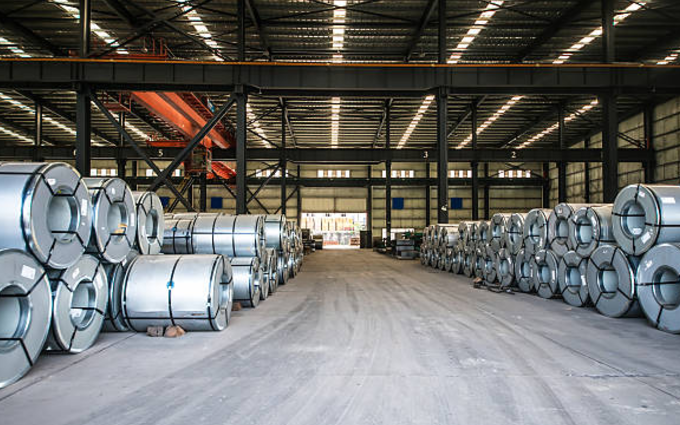
Posted on Wednesday, December 13, 2023
Saudi Arabia’s rapid industrialization and infrastructure development have created a booming market for steel products. Importing steel coils into the country is an integral part of meeting the rising demand in various industries, including construction, manufacturing, and oil and gas. However, the import process requires careful planning and knowledge of costs, tariffs, delivery logistics, and quality standards.
In this guide, we will explore the key considerations for importing steel coil into Saudi Arabia, from cost breakdowns to regulatory requirements, and provide answers to frequently asked questions.
The cost of importing steel coil to Saudi Arabia depends on several factors, including:
It is essential to obtain quotes from multiple suppliers and freight forwarders to ensure competitive pricing.
Saudi Arabia’s tariff structure for steel coil imports is governed by the GCC (Gulf Cooperation Council) common customs law. Key points to note:
To ensure compliance, importers should:
The delivery of steel coils to Saudi Arabia involves several steps:
When importing steel coils, quality assurance is critical. Key factors to consider include:
Q: What documents are required for importing steel coils into Saudi Arabia? A: Essential documents include:
Q: Are there restrictions on steel coil imports? A: Saudi Arabia imposes restrictions on certain grades or types of steel that do not meet national standards. Consult the Saudi Standards, Metrology and Quality Organization (SASO) for guidelines.
Q: How can I reduce costs when importing steel coils? A: To minimize expenses:
Q: How long does customs clearance take? A: Customs clearance typically takes 1-3 days if all documents are in order. Delays can occur if there are discrepancies or additional inspections are required.
Importing steel coils into Saudi Arabia can be a lucrative opportunity, provided you navigate the process efficiently. By understanding the cost structure, complying with customs regulations, and ensuring quality control, you can streamline your operations and meet your business goals.
For additional assistance or to get competitive quotes, reach out to experienced suppliers and logistics providers today.

Used Purlin Roll Forming Machines for Sale Worldwide
Posted on Sunday, January 25, 2026
Pre-Owned Roll Forming Machines for Purlin & Structural Steel Profiles

Used Roof Panel Roll Forming Machines for Sale Worldwide
Posted on Sunday, January 25, 2026
Pre-Owned Roll Forming Machines for Roofing Panel Production

Used Roll Forming Machines for Sale Worldwide
Posted on Tuesday, January 20, 2026
Pre-Owned Roll Forming Machines with Inspection, Verification & Global Support

Steel Coil Supply for Roll Forming Machines Worldwide
Posted on Tuesday, January 20, 2026
Reliable Steel Coil Supply for Roll Forming, Fabrication & Manufacturing Applications
Copyright 2026 © Machine Matcher.